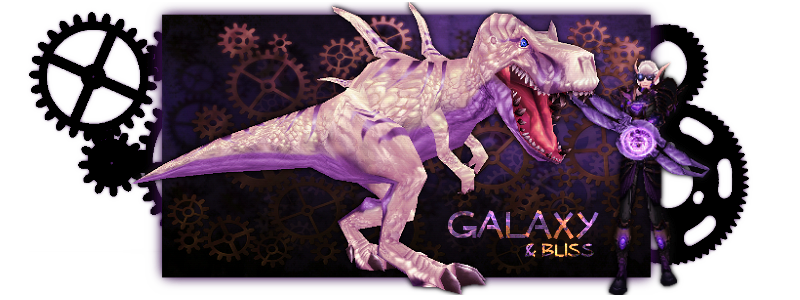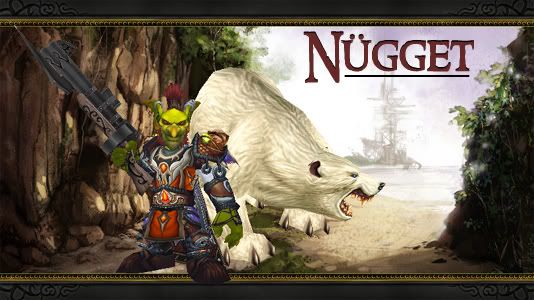Is:
1) A list of basic criteria that someone not intimately familiar with the role, can look for and use to evaluate their tank or healer's performance, so that if a vote kick comes up, they will be able to make a reasonably informed decision and not shoot themself in the foot by kicking the wrong player.
Is NOT:
1) A guide on how to tank or heal
2) A list of what makes a "great" tank or heals - the stuff here is just to indicate if the player is at least adequate
3) Nitty gritty, exhaustive or even complete - if you see something simple that's not covered here, feel free to add it
Also I want to be clear that this is not slanted towards or against any role - I play all 3 on different toons, and love them all.
And lastly, when a vote kick does come up, it's important to apply these criteria to everyone - including the person initiating the vote kick. After a wipe, it's easy to blindly click yes on the first vote that comes up (most of us, if we're being 100% honest, have done that at one point or another), but bear in mind that many of the worst players employ a "best defense is a good offense" approach to avoid being kicked, and will quite happily try to deflect the blame onto another player... all they need are 2 "monkey see / monkey click" players to make it happen. So don't be one of those...
Decent Tanks...
1) Use taunt when someone else is being directly attacked and otherwise ensure that most of the (non-AOE / fire puddle) dmg is going to them (at least if the person's HP falls below 75% - if the healer is having to consistently spend more time healing DPS than the tank, something is very wrong)
2) Occasionally pull rather than charge, to avoid patrols and other unwanted extras
3) Aren't scared of grabbing more aggro if extra mobs show up - they know that tanking is not a shared responsibility (not in a 5-man anyway)
4) Pay attention to the healer's mana bar, because they know it's essentially their extended HP bar. Paying attention to DPS power bars is optional - if the tank is keeping track of that as well, that tank is not merely adequate, he/she is good.
5) Aren't afraid to call out DPS for failing to stack on his target (where fight mechanics allow, which is 90-95% of the time) or anyone else who is working against him/her - regardless of who has the "dungeon guide" tag, the tank's responsible for knowing his/her role and speaking up if others are impeding it.
Decent Healers...
1) Can keep the tank alive through almost any 5 man content that is level-appropriate and not a reckless overpull, as long as tank is keeping aggro on him/herself
2) Can get through a normal 3-4 mob pull without using much mana - if it takes half or more of his bar for a casual group of mobs, something is very wrong.
3) Are able to heal multiple players and remember that DPS need heals too - even with a good tank, the DPS are going to get bashed now and then. Pets however are optional - pet classes have primary responsibility for keeping their pets healed, if the healer can stay on top of that as well, then your healer is not merely adequate, he/she is good.
4) Remember the "big heals", like LoH, shields and etc during tough fights. An adequate healer may not remember every single one of them, but if the group wipes and he hasn't used *any*, then you've got yourself a subpar healer.
5) Aren't afraid to call for mana breaks or otherwise address group members working against him/her - same as for the tank, if certain players are consistently creating an unnecessary burden on the healer (like for example a warlock constantly spamming life tap or etc), then it's the healer's responsibility to speak up.
6) Don't expect others (like enh shammy, ret paladin, etc) to heal themselves - they know that mana using DPS need their mana to do their own group roles, and not to "share the burden".
Decent players of *any* role...
1) Are able to listen to and consider (polite, helpful) advice from other players without throwing a defensive fit. If they solicit advice from others, they are not merely adequate - they are good (or likely soon will be, on that trajectory).
Hope this helps - and again additions within the above scope are welcome!






